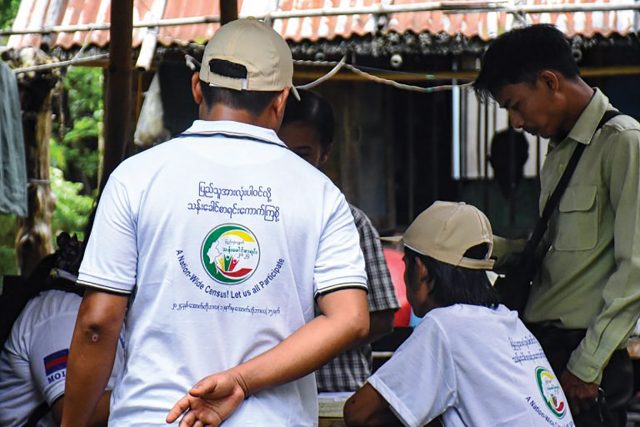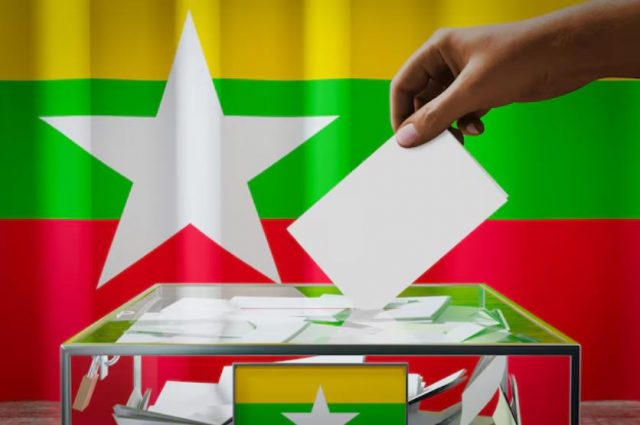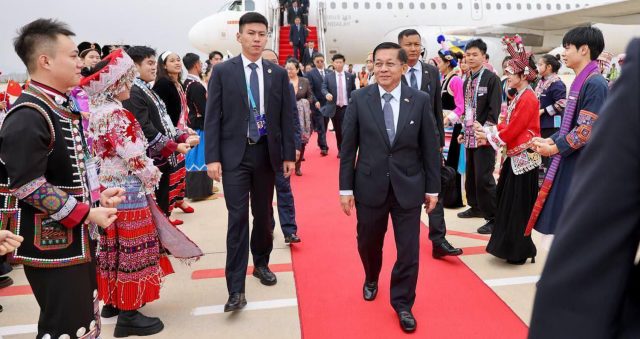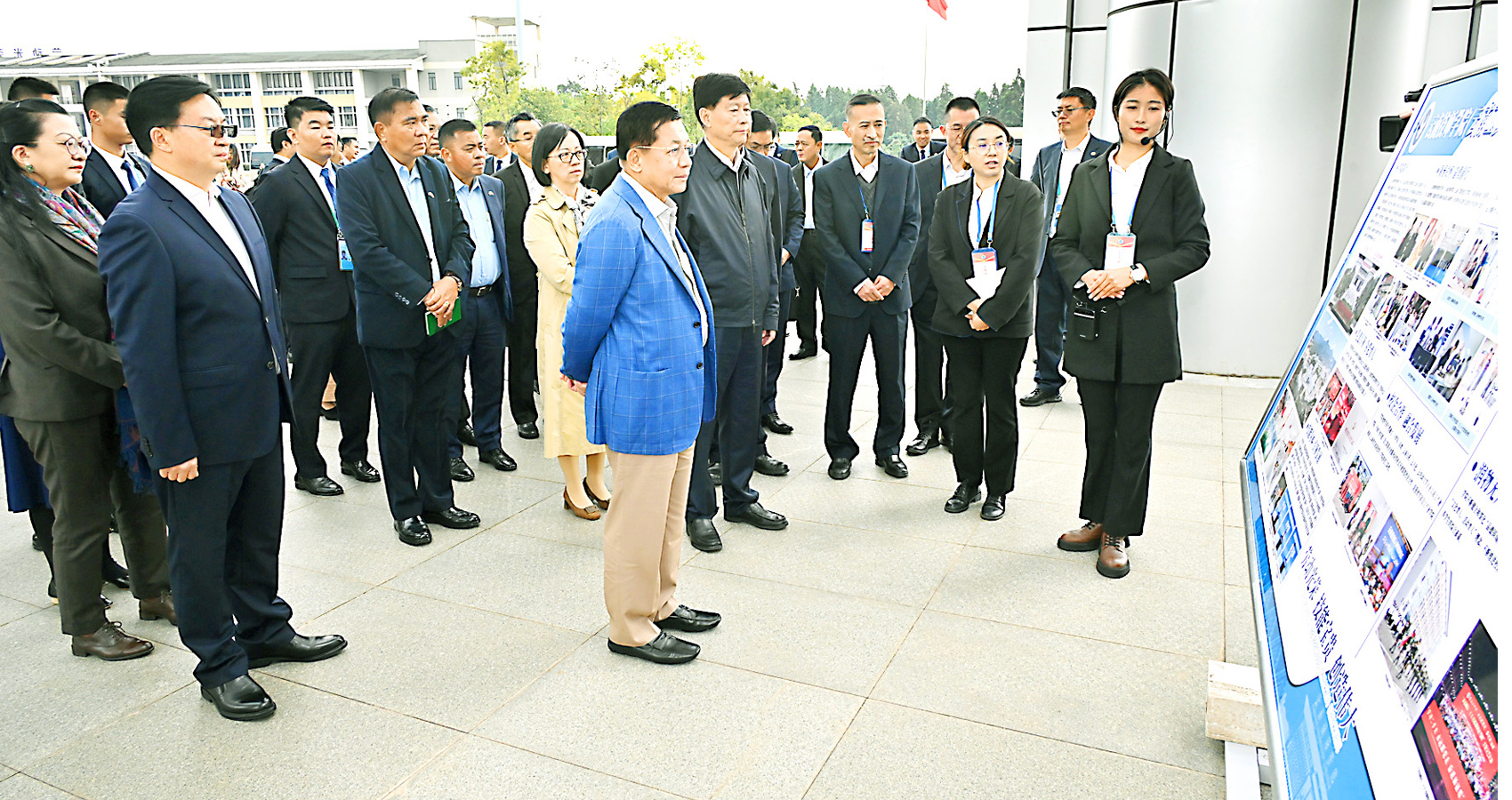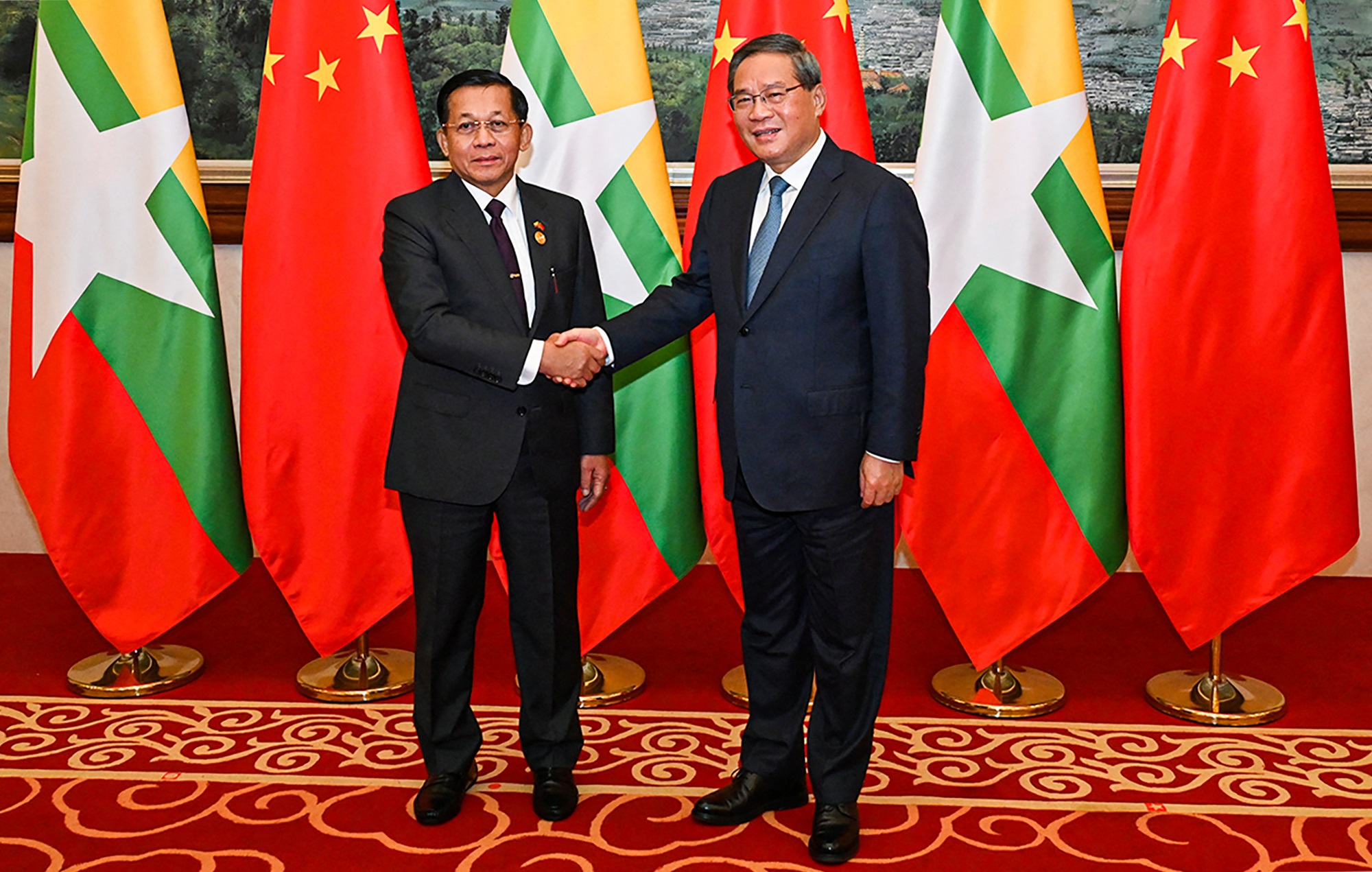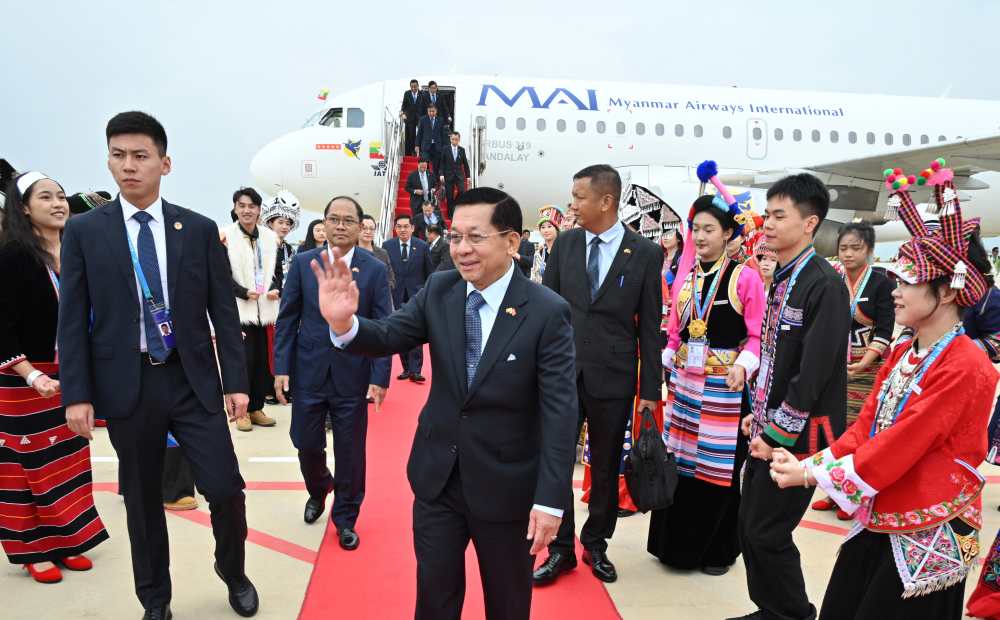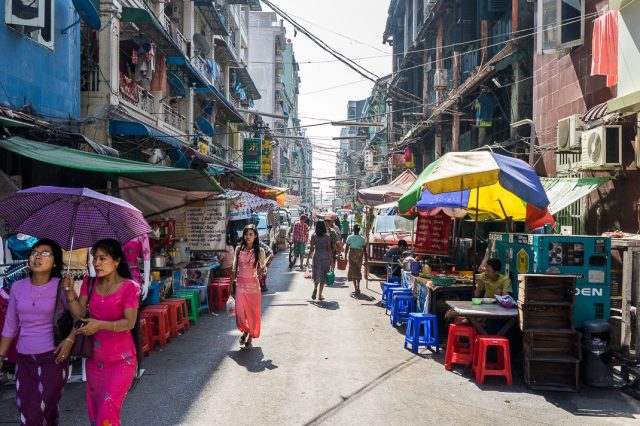The Weather Outside is Frightful…… The Fire Inside is Dreadful!
Climate change is going to hit us hard. The evidences are rolling in and the world population is grossly unprepared.
Snowing in Hawaii and Nothing on Fuji
There was shock in Hawaii early November 2024 as snow fell on the state’s tallest peak, turning the mountain top into a winter wonderland. The summit area of Mauna Kea on the Big Island got about two inches (five centimetres) of the white powder.
Hawaii is better known to many for its warm weather, beaches and rainforests. Although it’s not unusual for snow to fall at the higher elevations on Mauna Kea especially during the wetter, winter months, an upper level disturbance brought colder temperatures as moisture came in from the east and moved over the islands said a senior meteorologist with the National Weather Service in Honolulu.
Meanwhile, during the same week, Mount Fuji in Japan is yet to see any snow on its slopes this year, with forecasters saying it is a record. The active volcano just west of Tokyo is the country’s highest peak at 3,776m and usually sees its first snow of the year in early October. Since records began 130 years ago, this is the latest date in the year the mountain has gone without snow. The volcano last erupted about 300 years ago.
Extensive floods in Myanmar
In September 2024, Myanmar experienced extensive flooding caused by heavy monsoon rains and the remnants of Typhoon Yagi. The difference this time round was how widespread the affected areas were. The flooding affected nine states and regions, including Mandalay, Kayin, Bago, Mon, Magway, Naypyidaw, Kayah, and Southern and Eastern Shan. More than 1 million people were affected across 70+ townships. More than 400 people reportedly drowned, and at least 100 more were reported missing.
The flooding caused widespread devastation, including: submerged crops, farmlands, and livestock.
The floods caused much damage to homes, household assets, and critical infrastructure. The roads, villages and drowned electrical lines would take years to rebuild. There is growing concern that flooding in areas contaminated with explosive ordnance may have caused landmines to shift.
Once in a lifetime floods in Spain.
Worst weather in EU in fifty years. 200+ dead.
Record-breaking rainfall and flash floods have hit Spain at end of October, causing many dozens of casualties and massive disruption and economic losses in the latest of a series of flooding disasters that have hit communities around the world. It underlines why the top priority of the world community is to save lives as climate change super-charges extreme weather.
According to the Intergovernmental Panel on Climate Change, extreme weather events causing highly impactful floods and droughts have become more likely and more severe due to anthropogenic climate change. And this has been borne out by repeated events.
For each 1°C of warming, saturated air contains 7% more water vapour on average. Every additional fraction of warming therefore increases the atmospheric moisture content which in turn increases the risk of extreme precipitation events and storms.
Worst air pollution in New Delhi
On November 18, 2024, Delhi recorded its worst air quality of the season, with an Air Quality Index (AQI) reading of 491. This level is classified as “severe plus” and indicates hazardous conditions with significant health impacts.
Authorities have taken drastic actions including:
Directing all schools to move classes online, prohibiting trucks from entering the city, except for those carrying essential items, shutting primary schools for one week and declaring an early winter break.
Main causes included slash and burn method used by farmers and continued emission by industries. The latter is #1 cause of global warming across the world.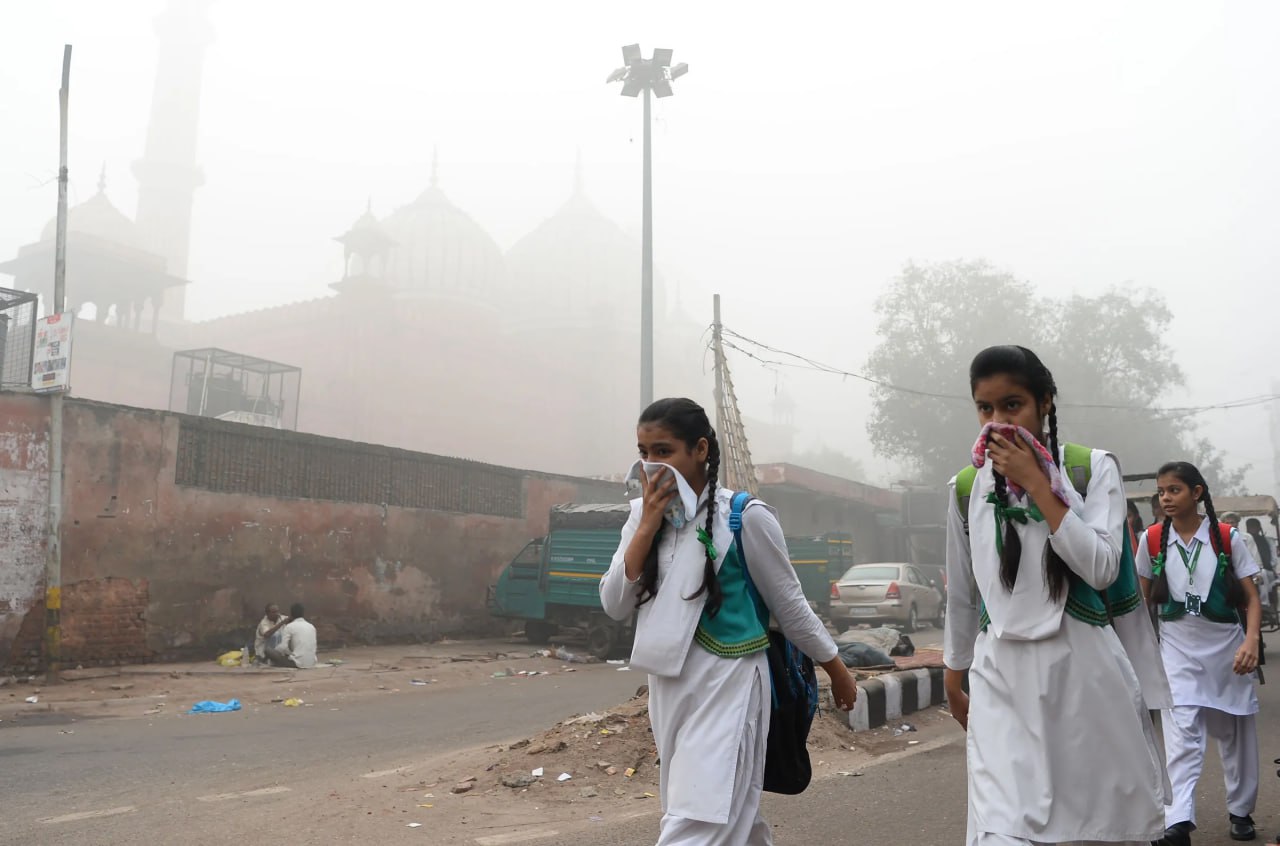
Four super typhoons in Philippines within 10 days.
The Philippines have been hit by four typhoons in 10 days — the most active November on record. New records were being set in Taiwan too, after being hit by consecutive typhoons. Water temperatures have been running a few degrees above average, allowing peak season to linger longer.
Higher temperatures produces more evaporation from the ocean, causing more accumulation of moisture that turned into torrential rains when it hit the land. Regardless, this bout of extreme activity will undoubtedly be studied by scientists in the coming years.
Snowing in Saudi
This rare meteorological event surprises citizens and visitors, sparking awe and discussions on climate patterns. This strange occurrence has also spurred discussions regarding global weather patterns and climate change. While isolated snowfall in certain northern regions of Saudi Arabia is not entirely unprecedented, the extent and timing of this snowfall have raised questions among meteorologists and climate scientists. The shift in weather patterns seen across various parts of the world suggests broader changes in climatic behaviour that merit further research and analysis.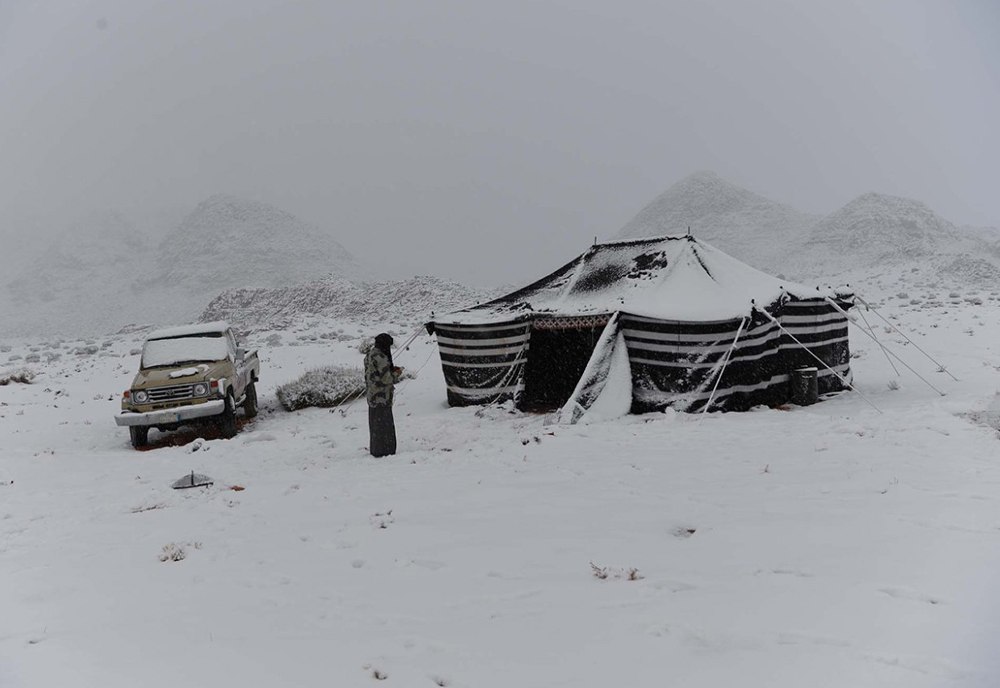
How about diseases?
Meanwhile, climate change is being held responsible for nearly a fifth of the record number of dengue cases worldwide this year, US researchers said in November 2024, seeking to shine a light on how rising temperatures help spread disease.
Researchers have been working to swiftly demonstrate how human-driven climate change directly contributes to individual extreme weather events such as the hurricanes, fires, droughts and floods that have battered the world this year. But linking how global warming affects health — such as driving outbreaks or spreading disease — remains a new field.
Rising temperatures are expanding the range of dengue, a climate-sensitive disease transmitted by mosquitoes. A study estimates that 19% of current dengue cases are linked to climate change. They predicted that in the next 25 years, areas in Latin America and Asia could see a 200% rise in cases due to warming, affecting over 257 million people.
Global citizens, consider yourself warned.
Global warming is going to impact us all. Because of the climate change caused by it, we will undoubtedly face shortage of water, food, arable land and habitat in the foreseeable future. Survival of the human kind depends on what we individually do to alleviate the causes of global warming and how we adaptable we are in our approaches to survive such extreme events heading our way.



